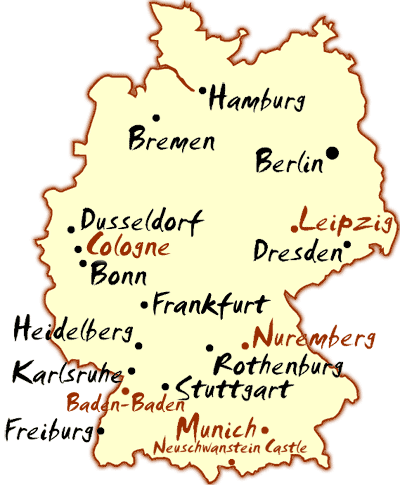German upper house approves bank takeover law
 Berlin - Germany's upper house of parliament approved controversial legislation Friday that would enable the state to seize control of troubled mortgage lender Hypo Real Estate.
Berlin - Germany's upper house of parliament approved controversial legislation Friday that would enable the state to seize control of troubled mortgage lender Hypo Real Estate.
The measure, seen as a last resort to stabilize the German financial market, marks the first time in modern-day Germany that bank shareholders face possible expropriation.
The approval, which follows similar action by the lower house 11 days ago, comes after the government took an 8.7 per cent stake in the shaky lender as a first step to gaining full control.
The German government has given the Munich-based bank 87 billion euros (117 billion dollars) in state guarantees since it got into difficulties in October 2008. The financial sector provided a further 15 billion euros.
The government said the bank would only forcibly take control of the bank as a last resort.
The new law would require a general meeting, in which bank shareholders would vote on a series of rescue measures. Only if such measures were rejected would the state take the "last resort," and step in to take control.
Hypo Real Estate chalked up a loss of 5.5 billion euros in 2008, the biggest of any German firm. Without government involvement the bank would collapse.
The law will expire by the end of June, meaning a takeover would have to be initiated before then.
In return for the funds it has put into the bank, Germany wants to take full control in order to ensure that shareholders cannot block restructuring measures.
Such a move has been opposed by US investor Christopher Flowers, who owns nearly 24 per cent of the bank and feels a government stake of 75 per cent plus one share would be sufficient.
Flowers has lost 1 billion euros since he paid 22.5 euros per share for his stake at the start of the global financial crisis. On Friday, Hypo Real Estate's shares stood at 1.31 euros.
Hypo Real Estate's main business includes lending money to municipalities to build highways, schools and other infrastructure projects. (dpa)